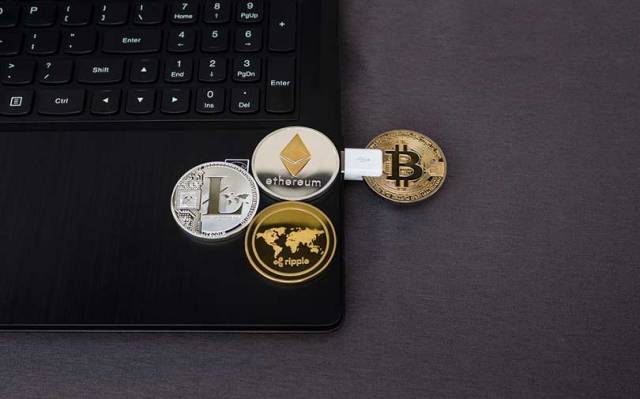
Bitcoin, other cryptocurrencies may have a future in India after all


Amid the recent doom and gloom, there might be a glimmer of hope for the cryptocurrency community in the country.
According to a source-based report in Cogencis, a panel formed by the Indian government to study virtual currencies might not be looking to the ban virtual coins and may instead allow them with certain conditions.
Indian cryptocurrency traders and exchanges have been rattled since the Reserve Bank of India in early April barred banks, non-bank lenders, digital wallets and any other entities it regulates from dealing with individuals or companies engaged in cryptocurrencies. It had set a July 5 deadline for these institutions to comply.

The Union government had earlier said that it does not consider cryptocurrencies to be legal tender.
The RBI’s decision had exchanges and traders up in arms as it meant that Indians would not be able to use money in their bank accounts or digital wallets to buy or sell cryptocurrencies such as bitcoin and ethereum.
Now, RBI’s reply to a Right to Information (RTI) petition has revealed that the central bank did not carry out research nor did it consult other central banks before clamping down on cryptocurrencies.The directive had led to many cryptocurrency companies mulling a change to their modus operandi or completely moving out of the country.

Trader groups and a couple of exchanges have since filed separate legal cases seeking to quash the central bank’s directive.
In May, a group of bitcoin traders moved the Supreme Court arguing that since there was no official ban on cryptocurrencies in the country, the regulator was blocking "essential services" by asking banks to step away till the time formal guidelines are introduced.
“Banking is an essential service. How can one deny access to an essential service when I am not doing anything illegal? You have not declared VCs (virtual currencies) illegal in the country,” one of the petitioners was quoted a saying by The Economic Times.

Kali Digital, which runs cyrpto-echange CoinRecoil and moneytradecoin, had also filed motions against the directive.
The RBI's move was in sync with greater regulatory scrutiny by central banks of several other countries including the US, Japan, China and South Korea.
“Virtual currencies… raise concerns of consumer protection, market integrity and money laundering, among others,” the RBI said in a statement explaining its decision after its bimonthly monetary policy meeting.

Bitcoin has slumped to around $6,000 in recent weeks after touching highs of nearly $19,000 last year.
On Wednesday, a research paper released by the University of Texas said there was evidence that tether, a digital currency pegged to the US dollar, may have been used to manipulate the price of bitcoin and other cryptocurrencies.
